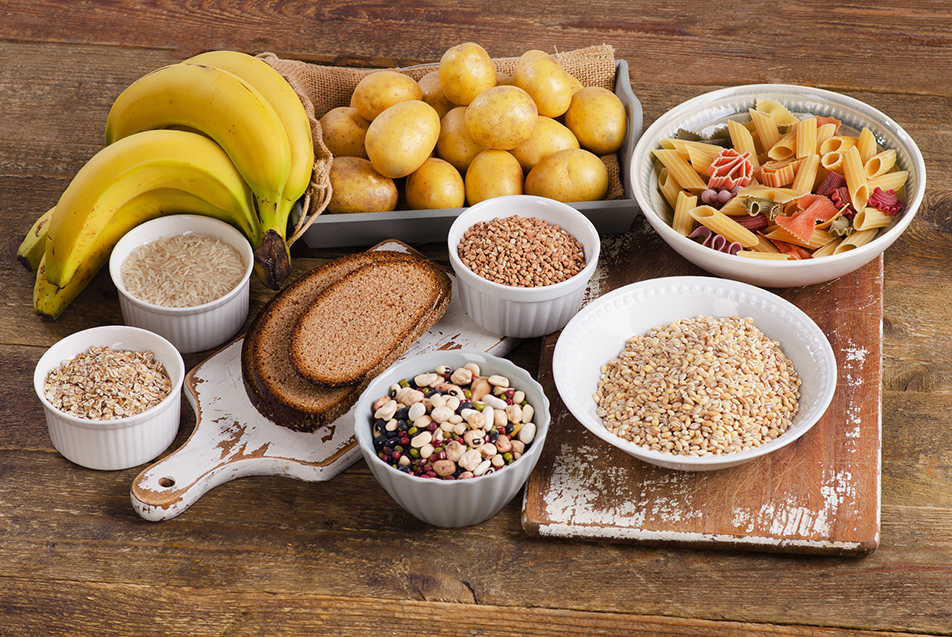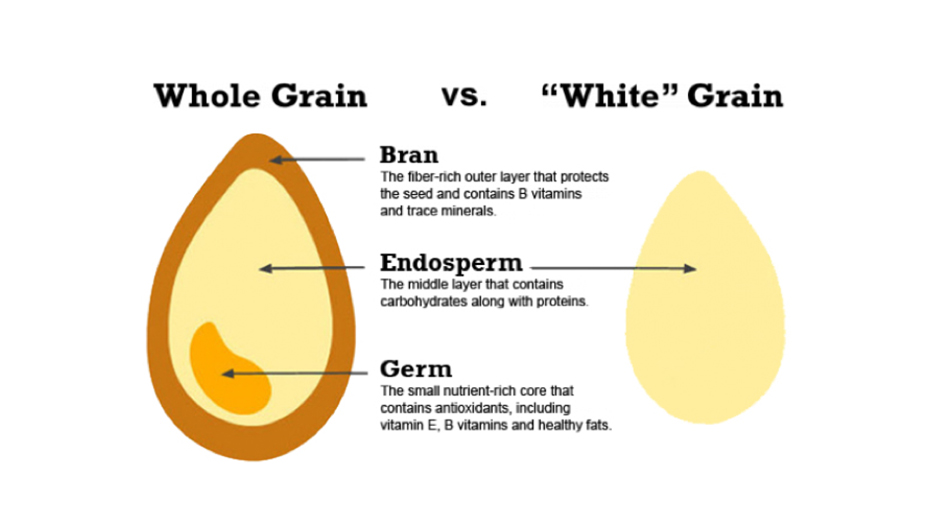
Over the years, carbohydrates have acquired a bad reputation, often being identified as the enemy of the waistline. Diets like the ketogenic diet and Atkins have only added fuel to the fire, claiming to promote fast weight loss by avoiding the macronutrient, ultimately turning your body into a fat-burning machine. Not so fast, according to Ciersten Deardorf, MS, RDN, CD, Parkview Cancer Institute. Ciersten points out that this approach could mean depriving your body of a main source of fuel and many essential nutrients required for a healthy lifestyle. As she explains, the key is not avoiding carbs, but finding the right ones and in the correct portions.
What are carbohydrates?
Carbohydrates are one of the three forms of energy, proteins and fats being the other two. They are converted into glucose, or sugar, that our cells use as the main fuel source. Glucose is also very important for the function of the brain, which cannot easily use protein or fats for energy.
There are two kinds of carbohydrates:
Simple carbohydrates are sugars. They can be found naturally in fruits and fruit juices, and milk. Other common simple carbs include raw sugar, brown sugar, corn syrup and high fructose corn syrup. This form is digested quickly, and can raise blood sugar faster.
Complex carbohydrates are long chains of glucose, also known as starches. This form can be found in grain products such as flours, breads, pastas, rice and crackers. Some other forms include starchy vegetables (corn, peas, potatoes, butternut and winter squash). There are two types of complex carbohydrates: refined and whole grains.
Refined carbohydrates are grains milled in a process where both the bran and germ are taken out to extend the shelf life and provide a better texture to the end product. Refined grains have many nutrients such as fiber, iron, essential fatty acids (B vitamins, folate, vitamin E, zinc and magnesium) removed in the process. These nutrients are important for our overall health, including digestion. Examples of refined grains include white flour, rice, breads and pastas.
Whole grains contain all three parts of the kernel: germ, endosperm and bran. The nutrients are located in the germ and bran, meaning that all the nutrients are intact in the final product, such as fiber. Fiber helps us feel full longer, making it easier to maintain a healthy body weight. In addition, fiber and bran help breakdown the starch into glucose at a slower rate, therefore, helping to maintain a steady blood sugar instead of causing spikes. Whole grains also may lower the risk of heart disease, diabetes and other health conditions. These include 100% whole wheat flour, brown rice, whole grain breads and whole grain pastas. It is important to look for “100% whole wheat” on food labels.

Why are carbohydrates important?
Carbohydrates provide the body with, not just glucose to be used as energy, but also essential vitamins and minerals that our bodies crave to function properly. If we are not consuming enough carbohydrates, then our bodies have to use fat and protein for energy. Sounds great, right? However, proteins and fats are not utilized in our bodies as an efficient energy source. Fats do not completely digest when used as an energy source. When digested, a byproduct called ketones forms in the blood, which is mildly acidic. Over time, the increased acidity can be harmful.
On the other hand, proteins are essentially the building blocks and should not be used as a source of energy. Having our bodies using protein as an energy source can lead to muscle wasting overtime. Carbohydrates are important in our diets and can even be included when trying to lose weight. It is all about paying attention to portion sizes and leaning more toward whole grains, fruits and vegetables.
Sugar and cancer
As a dietitian at the Parkview Cancer Institute, I’m often asked if sugar feeds cancer. In truth, sugar feeds all cells. The food we take in is broken down to glucose, a type of sugar and main form of energy. However, we cannot control which cells use the sugar as energy. During cancer treatments, it is extremely important to fuel the body to ensure it recovers between treatments. If we do not provide our bodies with enough carbohydrates to aid in recovery, it will steal it from our bodies. This can lead to muscle loss and weakened immune systems. It is important to provide our bodies with well balanced meals that include carbohydrates.
Sources



